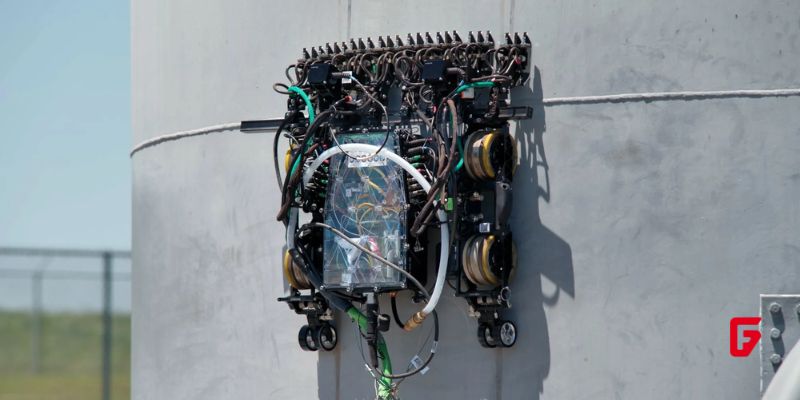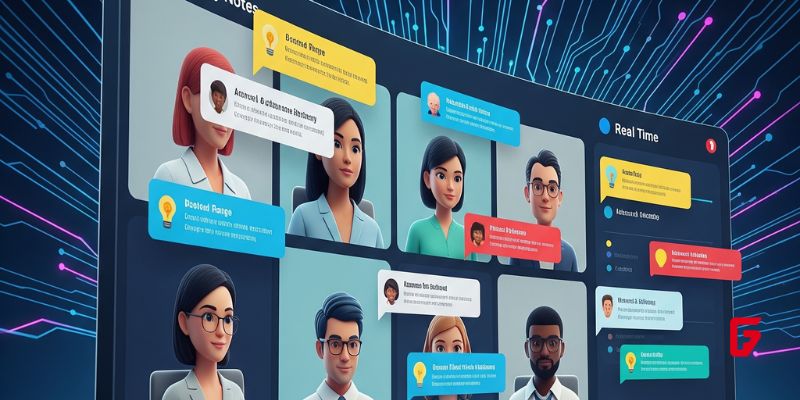
By futureTEKnow | Editorial Team
Blockchain technology, the foundation of cryptocurrencies and modern blockchain payment systems, emerged with the advent of Bitcoin in 2009. Satoshi Nakamoto, the pseudonymous creator of Bitcoin, introduced the world to a groundbreaking concept: a peer-to-peer electronic cash system that operated without the need for intermediaries, such as banks or payment processors.
Bitcoin’s blockchain, the first-ever public blockchain, served as a decentralized ledger that recorded all Bitcoin transactions. Unlike traditional financial systems, Bitcoin’s blockchain was open to anyone and transparent, allowing anyone to view and verify transactions.
The idea of blockchain payments quickly gained traction, and it became clear that this technology had the potential to revolutionize not just the world of finance but a wide range of industries.
Blockchain technology can indeed be used for payments, and it offers several advantages over traditional payment systems. Blockchain functions as a decentralized and distributed ledger, documenting transactions across numerous computers. These transactions are secured through cryptography, making them highly secure and transparent. The most well-known application of blockchain for payments is through cryptocurrencies like Bitcoin and Ethereum. These digital currencies enable peer-to-peer transactions without the need for intermediaries, such as banks.
Blockchain payments have several key advantages over traditional payment systems:
While the adoption of blockchain payments is on the rise, not all companies can accept them yet. The level of adoption largely depends on various factors, including the type of business and the regulatory environment in which it operates. Some companies, particularly tech-savvy startups and forward-thinking enterprises have integrated blockchain payment options, while others are in the early stages of considering it.
Additionally, regulatory hurdles in some regions can slow down the widespread acceptance of blockchain payments. However, the increasing interest and investment in blockchain technology are driving the adoption forward.
These companies and technologies represent the diverse applications of blockchain technology in the realm of payments, offering innovative solutions for various financial needs.
As the adoption of blockchain payment technology continues to grow, it’s clear that the future of payments will be shaped by decentralized, secure, and efficient blockchain systems, offering alternatives to traditional banking systems.
Founded in 2018, futureTEKnow is a global database dedicated to capturing the world’s most innovative companies utilizing emerging technologies across five key sectors: Artificial Intelligence (AI), immersive technologies (MR, AR, VR), blockchain, robotics, and the space industry. Initially launched as a social media platform to share technology news, futureTEKnow quickly evolved into a comprehensive resource hub, spotlighting the latest advancements and groundbreaking startups shaping the future of tech.

Discover if Surge AI can maintain its market edge amid automation and competition. Learn about its strengths, challenges, and future in data labeling.

You.com raises $50M Series B to launch its AI productivity engine, redefining search for knowledge workers and enterprises.

Throne’s AI-powered toilet device uses computer vision to analyze gut health at home, offering privacy-focused, real-time health insights and early detection.

Gecko Robotics becomes a unicorn with $125M for AI-powered wall-climbing robots, revolutionizing infrastructure safety and industrial inspections.

Wisq secures $15M and introduces HRLM, the first AI language model designed for HR, promising smarter, faster, and more human HR operations.

Cluely’s ARR skyrocketed to $7 million in a week after launching its enterprise AI notetaker, but open-source competitors like Glass are quickly gaining ground.

Meta is testing AI chatbots that message users first, changing how we interact on Instagram, WhatsApp, and Messenger.

Deeto’s $12.5M Series A funding fuels its AI-native platform, redefining the B2B buyer journey through authentic customer-led growth and smarter sales enablement.

Explore how Formant F3 brings generative AI and agentic reasoning to robot operations, enabling smarter, more autonomous robotics management for enterprises.

Peec AI lands €7M to empower brands with analytics for AI search visibility, offering tools for performance insights, competitor benchmarking, and mention tracking.

AssetCool has secured £10M in Series A funding to scale its robotic grid upgrade technology, using advanced coatings and AI-powered robots to boost power line capacity and efficiency worldwide.

Nautica Technologies secures $4M to launch autonomous robots that clean ship hulls, helping the maritime industry cut emissions and costs.
futureTEKnow is focused on identifying and promoting creators, disruptors and innovators, and serving as a vital resource for those interested in the latest advancements in technology.
© 2025 All Rights Reserved.
To provide the best experiences, we use technologies like cookies to store and/or access device information. Consenting to these technologies will allow us to process data such as browsing behavior or unique IDs on this site. Thanks for visiting futureTEKnow.